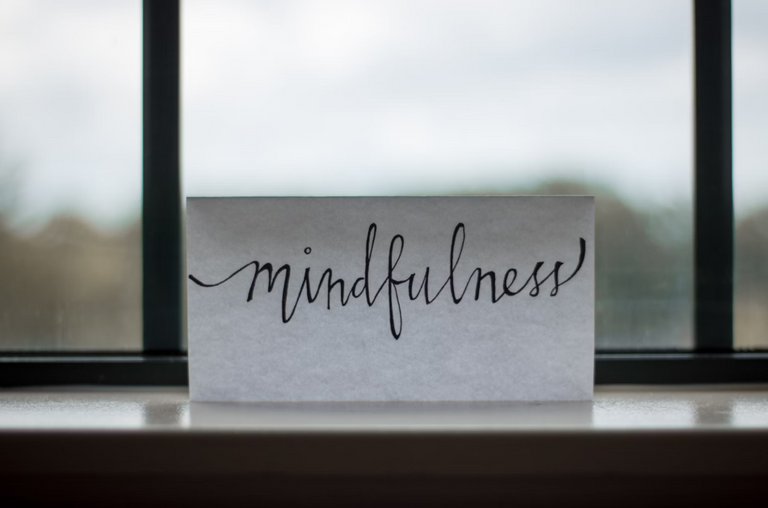In today’s fast-paced world, it’s easy to feel overwhelmed and disconnected from life’s simple joys. Mindful living invites us to slow down, pay attention, and fully engage with the present moment. It’s not just a practice—it’s a way of life that fosters peace, clarity, and deeper connections.
What is Mindful Living?
Mindful living is about being fully present in your daily activities, free from judgment and distraction. It’s the practice of bringing awareness to your thoughts, emotions, and surroundings with kindness and curiosity.
Why Embrace Mindful Living?
- Reduces Stress: Helps you stay calm and grounded amidst life’s challenges.
- Improves Focus: Enhances your ability to concentrate and make intentional choices.
- Builds Gratitude: Encourages appreciation for the small, beautiful moments in life.
- Strengthens Relationships: Deepens connections by being truly present with others.
Practical Ways to Practice Mindful Living
1. Start Your Day with Intention
Before diving into your daily tasks, take a few minutes to breathe deeply and set an intention for the day. Whether it’s to be patient, grateful, or focused, this sets a positive tone for everything that follows.
2. Savor Your Meals
Turn off distractions and truly enjoy your meals. Notice the flavors, textures, and colors of your food. This not only enhances the experience but also helps you eat more mindfully.
3. Embrace Single-Tasking
Ditch multitasking and give your full attention to one task at a time. Whether it’s writing an email, folding laundry, or having a conversation, being fully engaged boosts productivity and satisfaction.
4. Take Mindful Breaks
Pause throughout the day to check in with yourself. Breathe deeply, stretch, or simply observe your surroundings. These moments of mindfulness recharge your mind and body.
5. Practice Gratitude Daily
Reflect on three things you’re grateful for at the end of each day. This simple habit shifts your focus from what’s lacking to what’s abundant in your life.
6. Limit Screen Time
Create boundaries around technology use. Allocate screen-free times to connect with loved ones, enjoy nature, or engage in hobbies.
Mindful Living and Emotional Well-Being
Mindfulness helps us manage emotions with grace. Instead of reacting impulsively, we learn to pause, reflect, and respond thoughtfully. This fosters emotional resilience and a deeper sense of inner peace.
The Ripple Effect of Mindfulness
When you practice mindfulness, it doesn’t just benefit you—it positively impacts those around you. Your calm presence inspires others to slow down and engage more meaningfully.
Conclusion
Mindful living is a journey, not a destination. It’s about cultivating a habit of presence and finding beauty in the ordinary. By practicing mindfulness in small, consistent ways, you’ll discover a more peaceful, joyful, and meaningful life.


